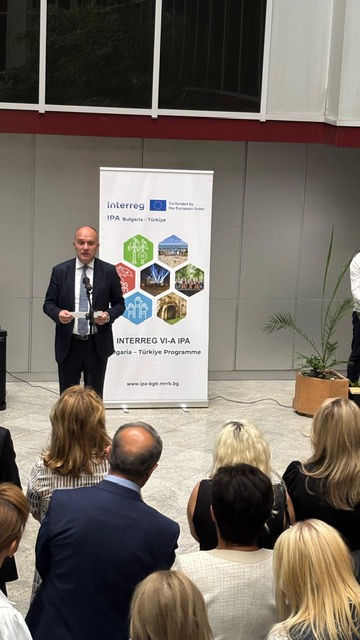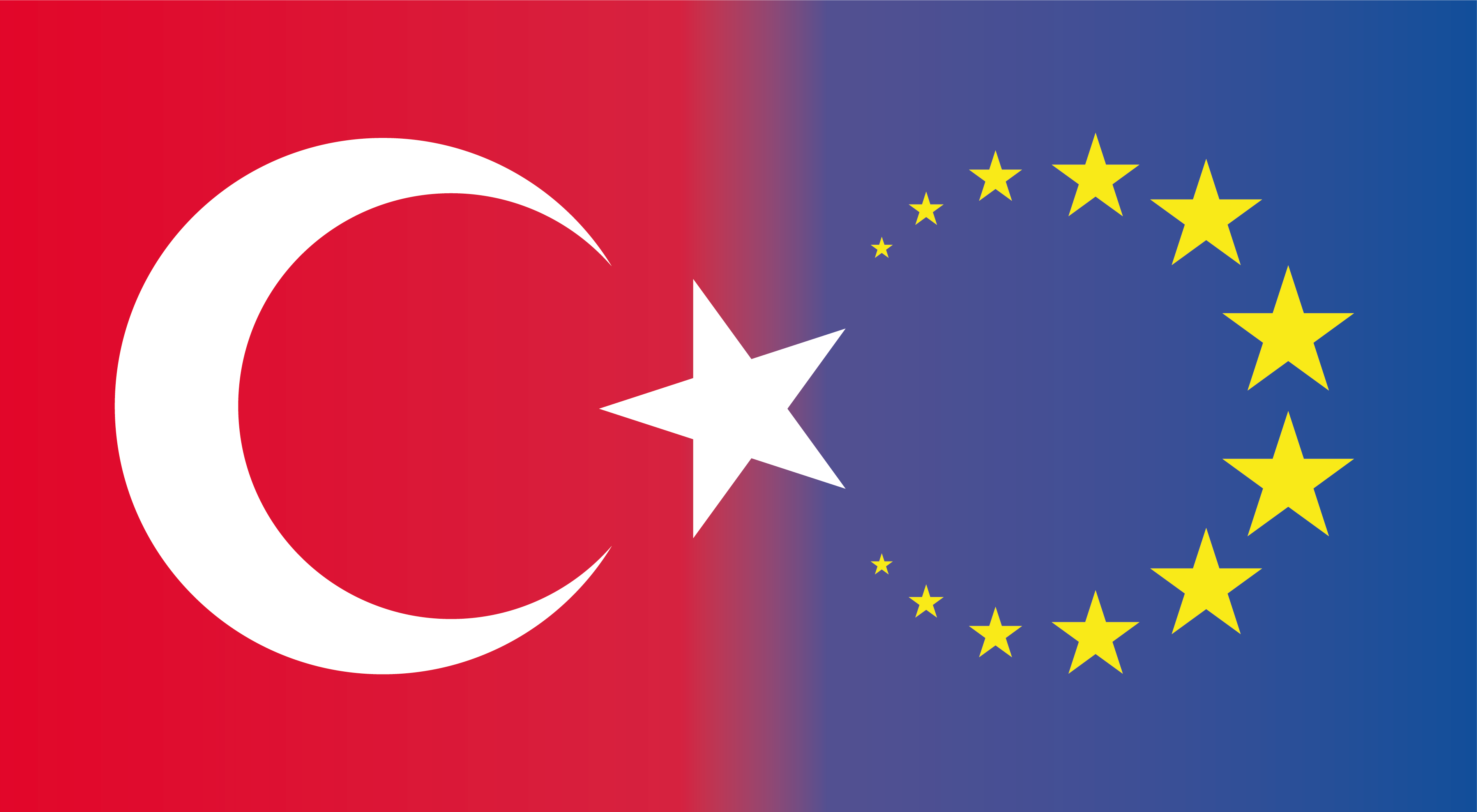The contracting ceremony for projects eligible for support during the 2021-2027 period of the Interreg IPA Bulgaria-Türkiye Programme, funded by the European Union, was held in Sofia. With the signing of the agreements, a total of 39 projects worth 22.2 million euros, have officially entered the implementation phase.

The opening speeches of the ceremony, which was attended by project beneficiaries, were delivered by Deputy Minister Yura Yordanova-Vitanova from the Ministry of Regional Development and Public Works of Bulgaria, acting as the Managing Authority of the Programme, and Bülent Özcan, Director General of Financial Cooperation and Project Implementation at the Directorate for EU Affairs of Türkiye, acting as the National Authority.

From Local to Cross-border: Joining Forces for Sustainable Development
During this period, two calls were launched under different priorities within the scope of the Programme. The first call was prepared under the objective of sustainable and inclusive economic growth based on the increasing competitiveness of the local economy and digital and green transformation. The beneficiaries of the 18 projects, valued at 15.6 million, consist of public institutions, municipalities, and civil society organizations. The projects to be implemented under the call will focus on competitiveness and the business environment, the digitalization of the local economy and climate neutrality, employability and adaptation to the labor market, tourism, ecosystem applications and services in the management of natural assets with tourism potential.

The second call was launched for the first time under the Programme for micro, small, and medium-sized enterprises (SMEs) operating in the provinces of Edirne and Kırklareli. 21 projects worth 6.6 million euros were selected under the objectives of “energy efficiency and reduction of greenhouse gas emissions” and “promoting the transition to a circular and resource-efficient economy.” The projects will be implemented by companies operating in sectors such as the food industry, metal processing, the IT sector, cosmetics, wood processing, tourism, and glass production. The projects aim to significantly reduce waste in production processes. Additionally, the thermal insulation, windows, and lighting of buildings with identified needs will be renovated as part of the projects. On the other hand, energy management systems will be established, and thus, a large part of the investments will enable the optimization of production processes through the use of modern and innovative technologies. It is expected that the projects to be implemented will increase the region’s competitiveness and contribute to enhancing sustainability in environmental protection.

The projects are expected to be completed within 18 to 24 months.

